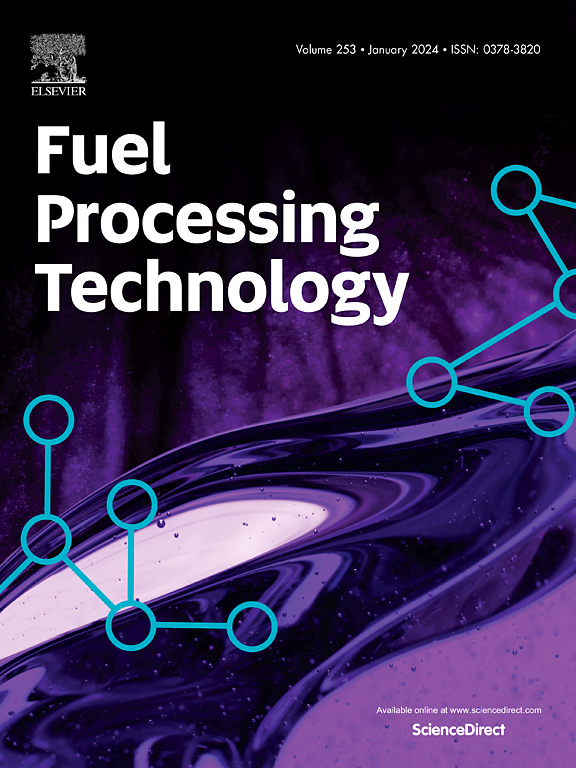Biomass conversion for sustainable hydrogen generation: A comprehensive review
IF 7.2
2区 工程技术
Q1 CHEMISTRY, APPLIED
引用次数: 0
Abstract
Hydrogen is emerging as a promising and environmentally friendly fuel for the twenty-first century, primarily owing to its eco-friendly nature. The production of hydrogen from renewable biomass sources offers numerous advantages compared to traditional fossil fuel-based methods. Various techniques are currently employed to efficiently and cost-effectively convert biomass into hydrogen. This review provides an up-to-date overview of the advancements in various biomass-to‑hydrogen production processes. Additionally, several developmental efforts offer a concise overview of the different technologies utilized in these processes. Furthermore, it conducts a comparative analysis of the existing methods, evaluating their strengths and weaknesses. Moreover, it sheds light on the techno-economic aspects of biomass-to‑hydrogen production processes, underlining the practical considerations associated with these technologies. In summary, this work serves as a comprehensive resource, addressing the evolving landscape of hydrogen production from biomass, exploring innovative developments, and providing a thoughtful assessment of the various techniques while considering economic factors.

求助全文
约1分钟内获得全文
求助全文
来源期刊

Fuel Processing Technology
工程技术-工程:化工
CiteScore
13.20
自引率
9.30%
发文量
398
审稿时长
26 days
期刊介绍:
Fuel Processing Technology (FPT) deals with the scientific and technological aspects of converting fossil and renewable resources to clean fuels, value-added chemicals, fuel-related advanced carbon materials and by-products. In addition to the traditional non-nuclear fossil fuels, biomass and wastes, papers on the integration of renewables such as solar and wind energy and energy storage into the fuel processing processes, as well as papers on the production and conversion of non-carbon-containing fuels such as hydrogen and ammonia, are also welcome. While chemical conversion is emphasized, papers on advanced physical conversion processes are also considered for publication in FPT. Papers on the fundamental aspects of fuel structure and properties will also be considered.
 求助内容:
求助内容: 应助结果提醒方式:
应助结果提醒方式:


